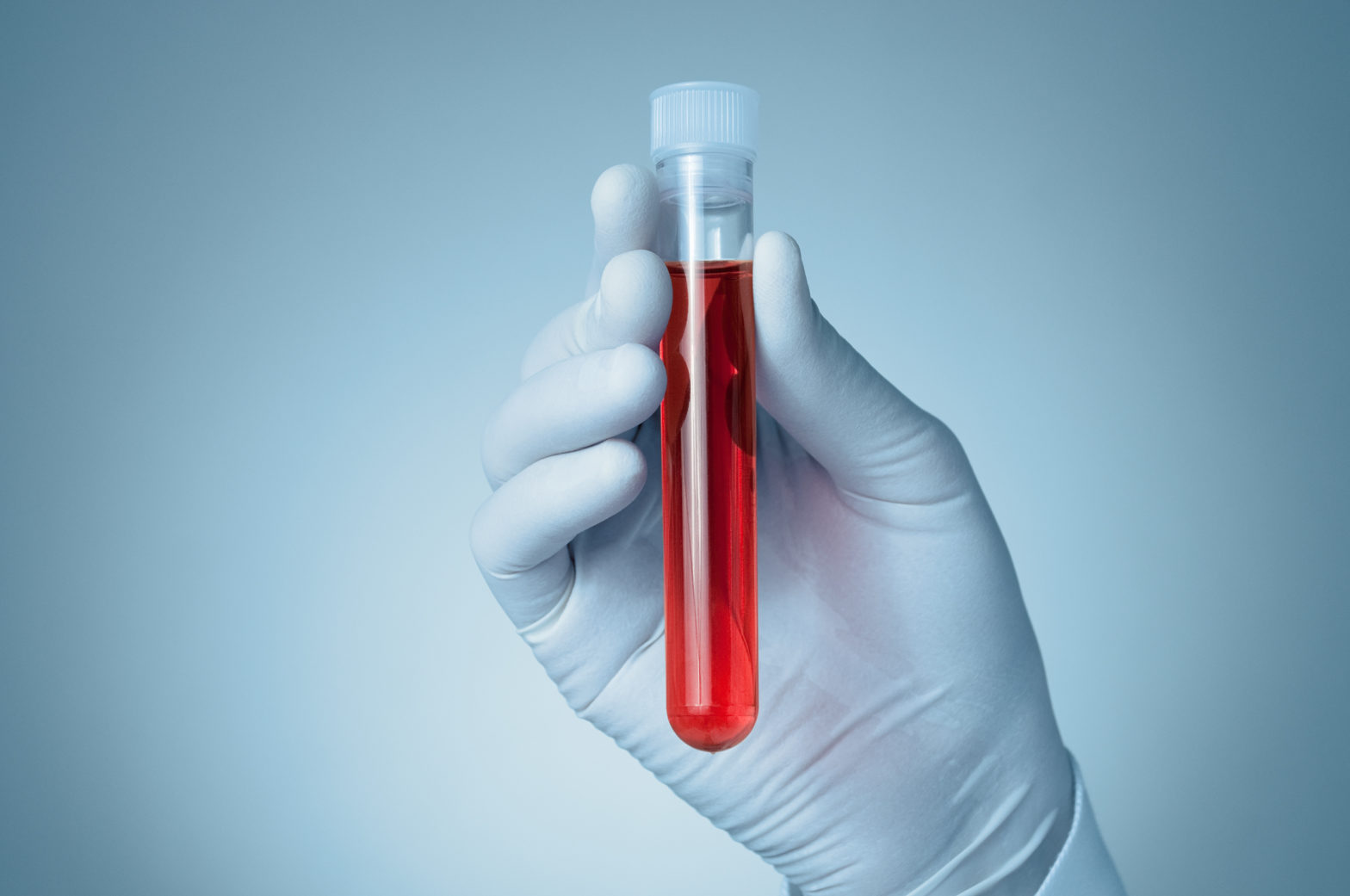Preventive Healthcare
TSH Test: Usage, Procedure, Levels and Results

Table of Contents
The TSH hormone, produced by the pituitary gland, stimulates the thyroid gland, controlling the rate of thyroid hormone production in the human body. The thyroid gland, located in the frontal part of the neck, produces hormones that regulate multiple bodily functions, chiefly growth and metabolism. It is instrumental in the development of an infant into a full-grown adult.
Fluctuations in thyroid levels affect your heart rate, body temperature, body weight, and even mental disposition. A low level of TSH hormone results in hyperthyroidism, while higher than normal TSH levels results in hypothyroidism.
TSH Test and Its Use
The TSH test detects how well your thyroid gland is functioning. It can indicate whether you have hyperthyroidism or hypothyroidism. In the case of hyperthyroidism, the thyroid gland is overactive and the TSH hormone production is less. In hypothyroidism, the gland is underactive, causing higher than normal TSH levels. The TSH test evaluates if your TSH levels are within the normal range.
Procedure For The TSH Hormone Test
During a TSH hormone test, a medical professional will use a syringe to draw blood from your veins. The blood is then sent for examination.
You do not need to prepare for a TSH test. Depending on your specific condition, your doctor may ask you to fast for a few hours before the test. If you take any form of thyroid medication, wait till you have completed the test to take your first dose of the day.
Levels of The TSH blood Test
The normal TSH level falls between 0.4 and 4.0 milliunits per litre (mU/L). However, the upper limit may vary to a certain extent in different labs.
High levels of the TSH hormone cause weight gain, fatigue, dry skin, and depression.
Low levels of the TSH hormone cause weight loss, rapid heartbeat, mood changes, and nervousness.
If your doctor detects abnormal levels of TSH, they will usually recommend follow-up tests like T4, T3, reverse T3, or thyroid antibody tests. These tests help diagnose Graves' disease, toxic adenoma, thyroiditis, Hashimoto's disease, tumours, iodine deficiency, etc.
TSH, T4, and T3 levels sometimes fluctuate during pregnancy; it's vital to check thyroid function during your prenatal visits. Moreover, medications like steroids, morphine, and biotin may also affect TSH levels.
List of TSH Tests
- TSH ultrasensitive test: The Ultrasensitive Thyroid Stimulating Hormone (TSH) measures the TSH levels in the blood.
Medical professionals recommend a TSH blood test to detect thyroid abnormalities in newborns. It is also used in cases of adults showing physical signs of thyroid disorders and patients on thyroid replacement therapy.
The test results are usually available within twenty-four hours.
- TSH Neonatal Screen from Dried Blood Spot Test- Conditions like congenital hypothyroidism are common in newborns, and early detection is necessary for proper treatment. TSH Neonatal blood test helps identify the risk of congenital issues in a newborn and is mandatory as per the Indian Academy of Pediatrics.
Doctors carry out this test at the time of birth, usually within forty-eight to seventy-two hours. It helps detect an abnormal level of T4, or thyroxine hormone, and TSH hormone, or thyroid stimulating hormone. Professionals collect blood from newborns by pricking their heels and drawing blood.
The test results are usually available within 24 hours. The price of the TSH blood test is INR 400-500.
- Free T4 test: The thyroxine hormone, or T4, circulates in the body in a bound form. This test measures the free fraction, or FT4 levels in the blood. It helps to diagnose whether your thyroid gland is functioning effectively and also helps detect congenital thyroid abnormalities in newborns. It is usually a follow-up of TSH treatment and costs INR 300-400.
Professionals recommend free T4 test if your TSH hormone test results are abnormal. Higher levels of T4 are indicative of hyperthyroidism, which may indicate Graves' disease. Meanwhile, hypothyroidism is the result of a lower level of T4, which points to a condition called Hashimoto's thyroiditis.
Who Needs To Take The TSH Test?
- TSH ultrasensitive tests: Men and women over the age of 20 can take the TSH test every six to twelve months. Older patients, especially women, must monitor their TSH levels regularly. It is best for individuals undergoing thyroxine replacement therapy or those who have pituitary diseases.
- TSH neonatal screening test: It is typically carried out on babies as a part of a compulsory neonatal checkup. Hence, blood is taken from the newborn within 72 hours of birth. It effectively diagnoses any thyroid abnormalities in children.
- Free T4 test: It is best for monitoring patients on thyroid replacement therapy and patients with thyroid disorders. It is also used to detect thyroid disorders, like hyperthyroidism and hypothyroidism. It is recommended for males and females.
If you're diagnosed with any thyroid disorder, you will usually be prescribed synthetic thyroid pills that you must take daily. It is important to not skip the medication and to monitor your TSH levels every 2-3 months. Based on how the medication is affecting your TSH levels, your doctor will either reduce or increase the dosage. However, you must never change or stop the medication without consulting your doctor.
Conclusion
If you have any thyroid-related disorders, consider getting in touch with Metropolis Healthcare. Our state-of-the-art laboratory facilities are ideal for regular health checkups, TSH checks, and other diagnostic tests.




























